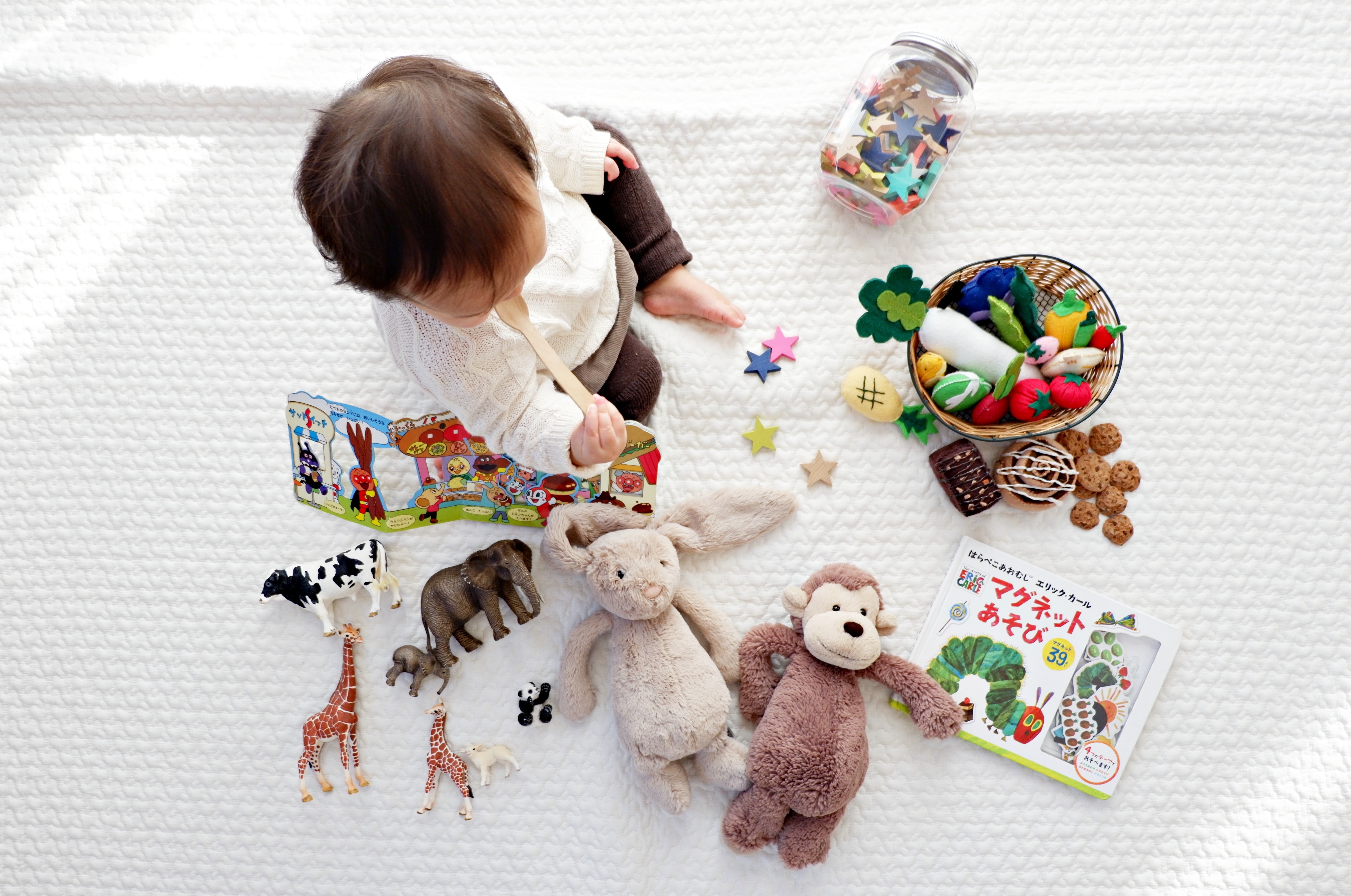Breastfeeding is protected by law
The federal Sex Discrimination Act 1984 makes it illegal in Australia to discriminate against a person “either directly or indirectly on the grounds of breastfeeding”. This law also protects a mother’s right to express breastmilk for her baby. Various state and territory laws also protect the rights of breastfeeding women in areas such as work, education and the provision of goods and services.
As the Australian Breastfeeding Association states, “A mother has the right to breastfeed her baby wherever she happens to be. The requirements of a baby are different to those of an adult, and all mothers have the right to meet their baby's needs. A hungry baby shouldn't be expected to wait, and no mother can be forced to ignore the needs of her baby. In Australian Federal Law breastfeeding is a right, not a privilege.”
Can people tell you not to breastfeed in public?
No. Some people may express their opinion and try and get you to modify your behaviour. However, even though they can technically express these views, you have the right to ignore their comments and opinion, to continue breastfeeding, and to feel safe doing so.
It is illegal to deny you goods or services, such as to refuse to serve you in a café or to ask you to leave a store. Even if you don’t feel like confrontation at the time, you may want to make a formal complaint afterwards, either to the business itself or to the Equal Opportunity Commission in your state or territory.
Baby care rooms
Some members of the public may believe that, if available, you ‘should’ use a baby care room rather than breastfeed in public. They are wrong. Baby care rooms are provided merely as an optional service – primarily for changing – and you are under no obligation to use them; whether you do is completely up to you.
Food or drink exemptions
Public signs or instructions that say ‘No food or drink’ do not apply to feeding a baby – either with breast milk or with formula. Despite any such rules, your right to feed your baby takes primacy under federal law.
However, there is a difference between rules prohibiting food and drink on public transport, for example, and such rules in hazardous or purposefully sterile environments. In such instances, rules against the consumption of food or drink are to either prevent contamination of a person’s food or drink or contamination of the immediate environment (such as in a medical facility).
Where to get help
The National Breastfeeding Helpline (1800 686 268) can offer you counselling and advice about breastfeeding and issues pertaining to breastfeeding in public. To read more information about breastfeeding, your rights, and breastfeeding in public, visit the Australian Breastfeeding Association.



